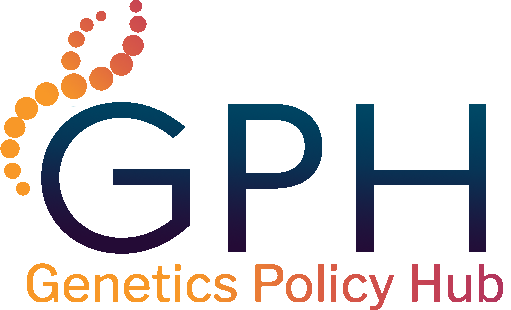Laboratory (Regulation/Oversight)
Updated On Feb 25, 2022
This information is meant to be used for educational purposes to inform providers, patients, and genetic service delivery stakeholders about genetics policy topics. Sharing of information, resources, or policy statements is no way an endorsement of stated positions by NCC.
Introduction
Genetic tests are an important tool used to diagnose illness. Having a accurate tests is crucial for patient care. Yet, many genetic tests are not regulated; they are released to the public without any independent analysis to verify their ability to correctly return results. For more information on how genetic tests are regulated, please visit the National Human Genome Research Institute (NHGRI) website.
Some have proposed that genetic tests be approved and regulated by the federal government. However, who should regulate genetic tests and how is still a matter of debate. Regulating genetic laboratory tests is difficult because genetic tests results rely on subjective interpretation. In traditional laboratory tests, the lab measures the amount of a substance. For example, if you have an iron test done, the laboratory measures the amount of iron in your blood. They know the range that is normal. Anything above that range is interpreted as high; and anything below that range is interpreted as low. Genetic tests are not that straightforward, and need an expert to interpret them. For example, when looking at a particular gene, we might know that most people’s genes are configured in a certain order. If a patient’s gene is different, the experts then need to determine if the patient’s variation of the gene causes disease or not. This can be done by looking at the other people with the same genetic variant to see if they have disease, by looking at research studies that look at the proteins made by these genes, and by looking at computer models that predict how the genes will work. After looking at all of this information, the experts then interpret the genetic variant. Sometimes, they are able to interpret the genetic variant with confidence. Other times, they are unable to determine if it causes disease or not.
Because genetic testing and interpretation is complex and relies on interpretation, regulation and oversight is not straightforward. For example, the FDA regulates laboratory devices, like gene sequencers. However, the FDA would not be responsible for oversight of the interpretation of the test result, as that is not a device.
Legislation and Regulation
Genetic tests are regulated at a federal level by the Food and Drug Administration (FDA), the Centers for Medicare and Medicaid Services (CMS), and the Federal Trade Commission (FTC). For more information on how tests can be evaluated, review the National Human Genome Research Institute (NHGRI) website page about genetic testing.
Are you interested in learning what your state’s government or the federal government are currently proposing for either legislation or regulation? Check out Legislative/Tracking system for up-to-date information and subscribe to our Twitter channel to get the latest updates in your pocket.
Policy Positions
Organizations working within the genetics community (national genetic organizations, advocacy organizations, etc.) have published positions on laboratory regulation/oversight. Explore these position statements below.

